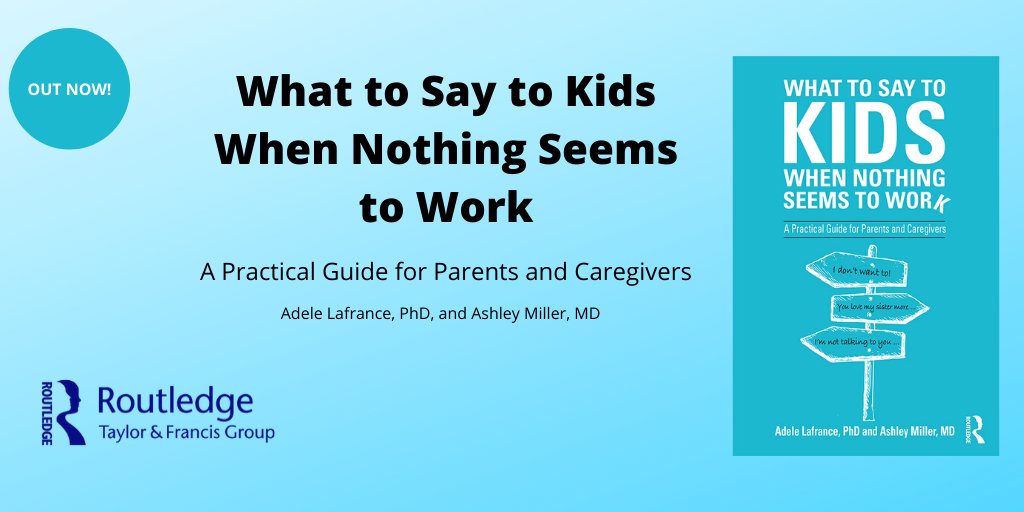COVID-19: Helping kids cope with COVID-19 anxiety
By Dr. Ashley Miller, child and adolescent psychiatrist, Vancouver mother of two, and author.
There are a lot of unknowns right now, but one thing we do know is how to help kids cope through difficult times.
Here are some practical ways to support your child or teen to manage the stress of COVID-19:
Helping Kids Cope with COVID-19 Anxiety

Manage the information
Explain things to your child at a level and in a way they can handle. There are great videos and comics for kids. They may need smaller chunks of information, and you can let their questions be your guide. Help your child to decrease over-exposure and unreliable information by monitoring their screen time, talking with them about how media is affecting them, and limiting as needed.
Find the helpers and be helpers
Point out the people doing things big and small to help others. For example; talk about public health doctors, healthcare workers, volunteers providing supplies to neighbours. Plan a way to help others with your child, such as fundraising or dropping off groceries. And practice gratitude for what we do have: the sunshine (or rain), each other and so much more.
Create a healthy routine
Anxious kids benefit from having some structure to the day. Keep a bedtime and wake-up time. Include some learning activities and exercise; outdoors if possible. Maintain some social connections, even if this can only be done virtually. Plan to play: looking forward to some fun activities helps children focus on the positive.
Befriend anxious feelings

Invite your child to share their worries with you. Help them notice the sensations in their body. Younger children can draw worries or play them out with toys. Older kids and teens may write about them or create visual art. Try not to jump to reassurance or to minimize their fears. As tempting as it may be to say: “don’t worry; everything will be fine,” kids sense the tension in the air and are likely to get more anxious if they don’t think they’re hearing the truth or if your words sound calm but your face and tone look concerned. Putting their fears into words can help calm the brain. For example: “I can imagine why you’d be worried because you’ve heard that people can get sick and because your friend said she’s really scared.” Then you can redirect your child to positive coping thoughts or activities.
Teach coping strategies
Write down helpful thoughts like: “While I can never know 100% what will happen, I trust the adults to help” or “My body is healthy and will likely be able to handle the virus.” Or use the 5 senses, like noticing all the blue objects in a room or feeling the floor beneath their feet. Practice breathing deeply or do some good stress-relieving movement together.
For more ideas and resources on managing anxiety, go to: www.keltymentalhealth.ca; www.anxietycanada.com; and the breathr app.
And for ways to help keep the peace through all manner of situations while at home with your kids, check out Dr Miller’s new book co-written with Adele Lafrance: What to Say to Kids When Nothing Seems to Work: A practical guide for parents and caregivers.
Ashley Miller, MD is a child and adolescent psychiatrist and clinical assistant professor of psychiatry at UBC. She lives in Vancouver with her husband and two children.
What to Say to Kids When Nothing Seems to Work

This book offers parents a step-by-step guide to some of the most common struggles for kids aged 5-12. Written by mental health professionals with over 30 years’ experience listening to kids’ thoughts and feelings, this book provides a framework to explore new ways of responding to your child that will help them calm down faster and boost their resilience to stress.
“This is a book every parent should read! It is a down-to-earth, clear, and creative guide for those moments when all parents feel defeated and demoralized. And it’s fun to read. It will help you reach for your best parenting self in difficult moments and keep that loving bond with your child growing.”
~Dr Sue Johnson, researcher, professor and bestselling author of Hold Me Tight: Seven Conversations for a Lifetime of Love.
Would you like to write for us? We welcome well-written guest submissions with a local interest slant. Share your tips, review local businesses and highlight hot trends for Vancouver moms. Get all the info on our Contributor Page!


















